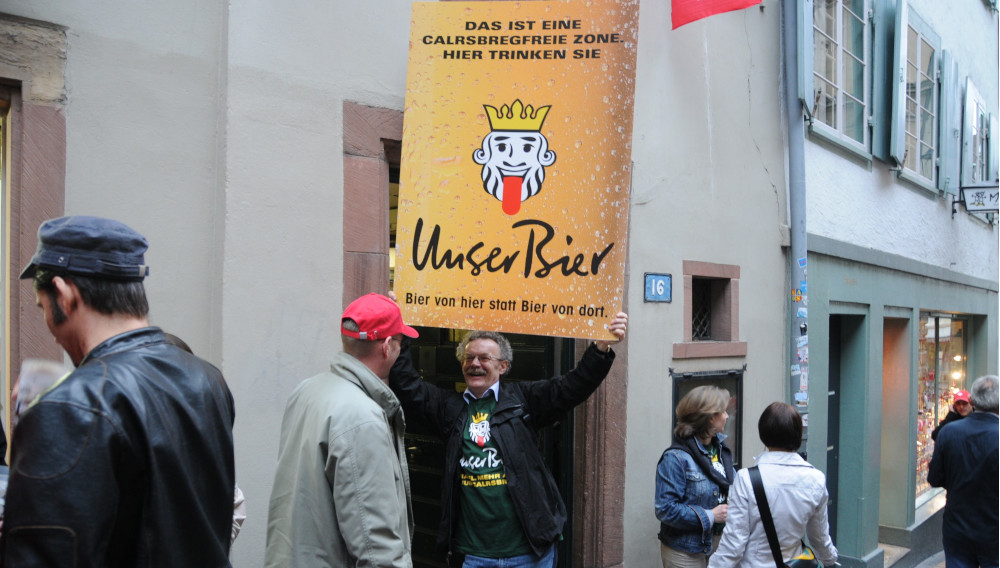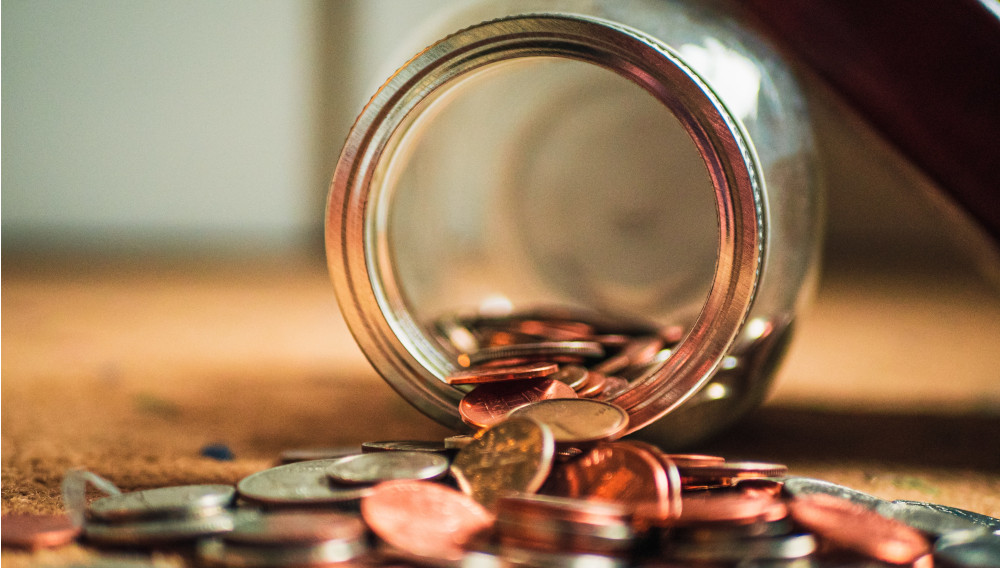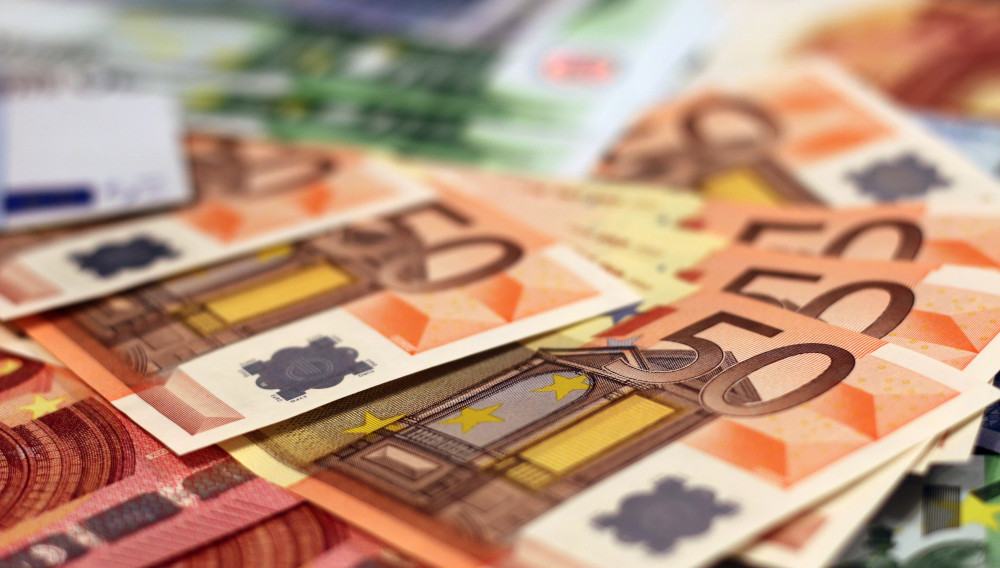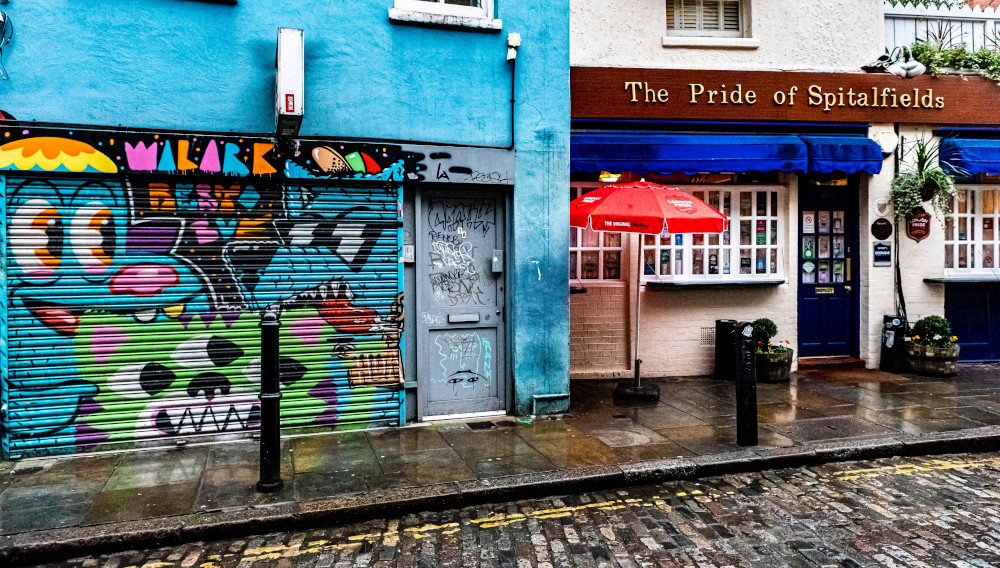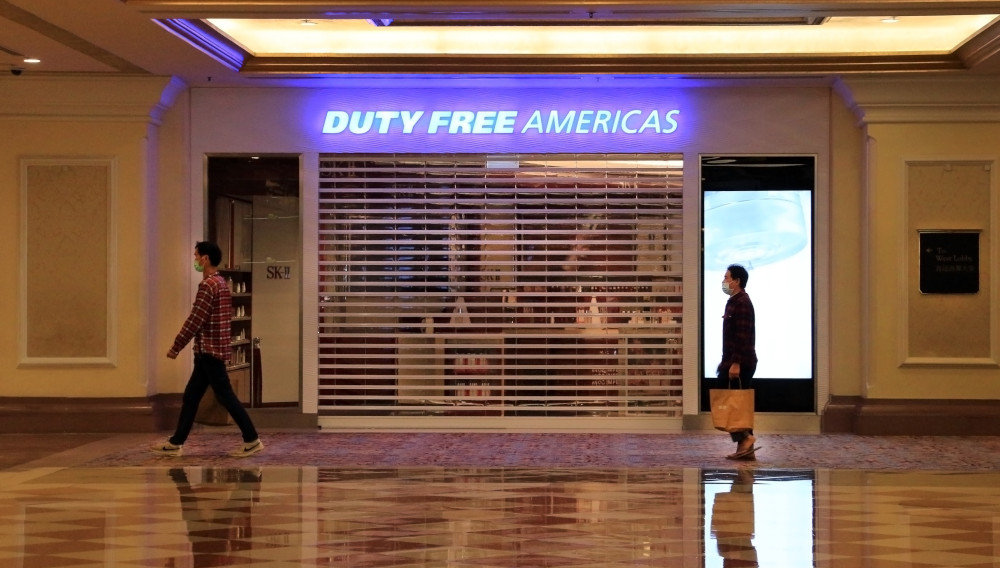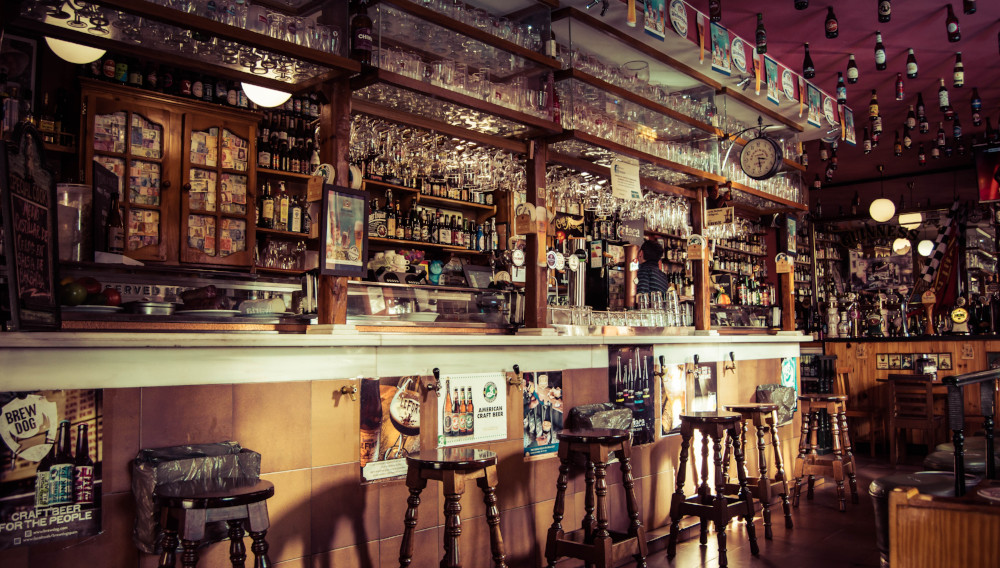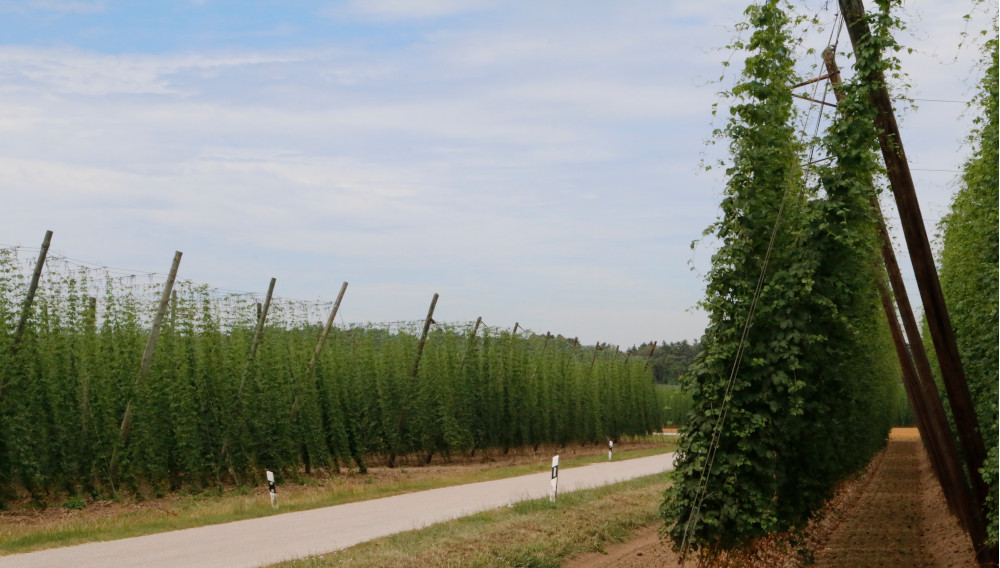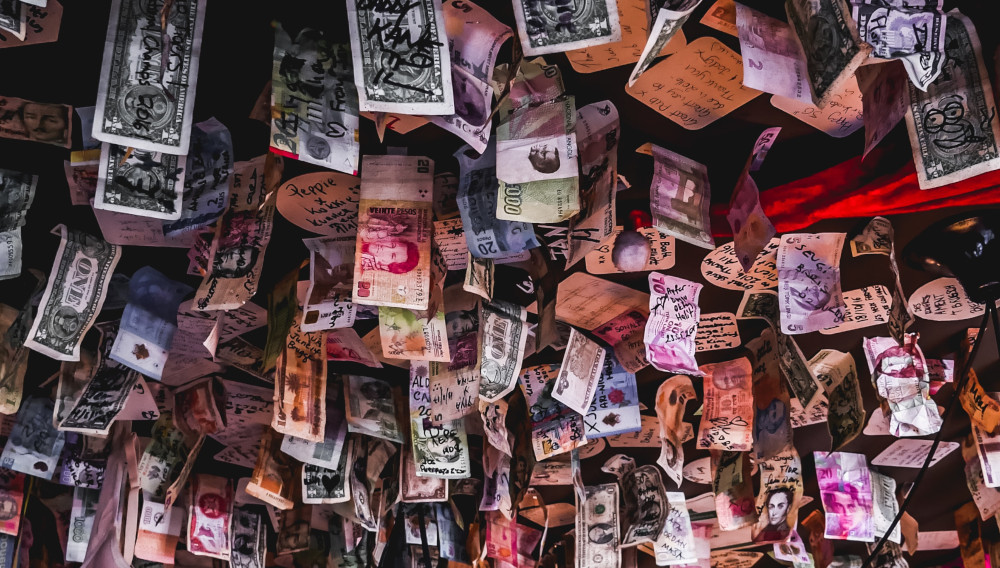Switzerland | The number of brewery openings rose 11 percent in 2019, to reach 1,132 breweries, after only 32 breweries in 1990 and 81 in 2000. However, most of them – 811 – are really nano-breweries with an annual output of under 20 hl beer.
Belgium | AB-InBev has halved its 2019 final dividend to EUR 0.50 per share in order to save about EUR 1 billion (USD 1.1 billion). The 2019 total dividend came to EUR 1.30 (or EUR 2.6 billion for all shares outstanding) after EUR 1.80 in 2018.
Germany | The deferral of the beer excise is intended to give breweries greater financial scope during the coronavirus crisis. Breweries pay excise into their respective state coffers. It totalled at around EUR 650 million (USD 707 million) in 2019.
United Kingdom | Pubs will remain shut for the foreseeable future. But what is going to happen to the beer in their cellars, estimated at 50 million pints?
France | With planes grounded and airports dormant, drinks companies will see a sizeable chunk of their profits wiped out this year, not least due to duty free sales bombing.
Germany | What can brewers do in times of “social distancing” when their bog-standard commercials and ads show people sharing a beer? Well, pull them.
United Kingdom | New times breed new ideas. Given that pubs and bars the world over have been forced to shut, Scottish brewer BrewDog has responded by moving its bar business to the internet.
Belgium | Several brewers are planning to suspend production as long as the measures against the spread of coronavirus continue, De Tijd reported on 18 March 2020.
Germany | With borders closed between Germany and its neighbouring countries since 25 March 2020, hop growers are desperately short of temporary workers from Poland and Rumania for the first of the season’s tasks.
Belgium | It was all about the debt. Felipe Dutra’s last public appearance as AB-InBev’s CFO was spent explaining the brewer’s debt. He reassured investors that “there is no year in which the total debt maturing exceeds our liquidity [of USD 16 billion].”

